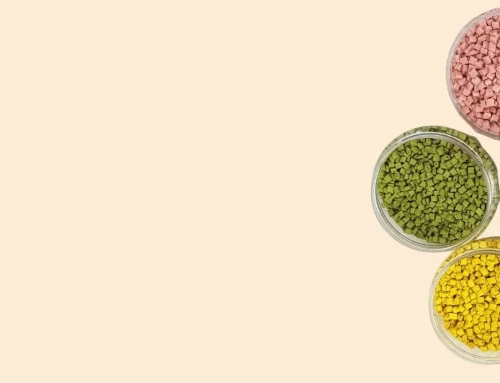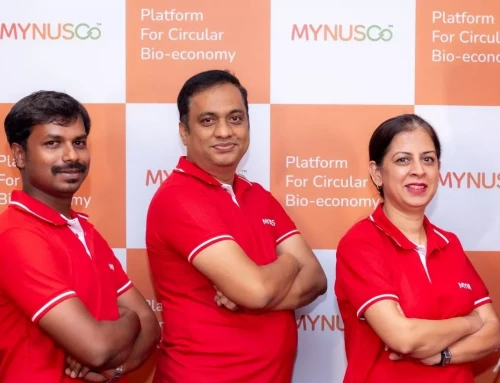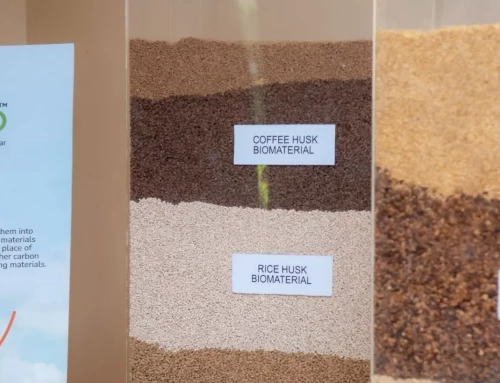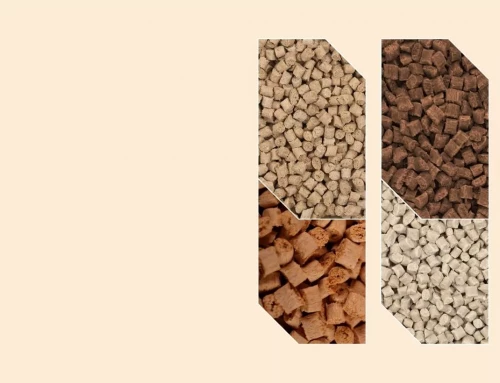Why Nestlé, Unilever & PepsiCo are Banning Oxo-biodegradable Plastic Packaging
Originally marketed as an eco-friendly packaging material, new evidence regarding the potentially negative impact of oxo-degradable plastics has led a number of companies and governments to restrict their use.
Often, consumers think that because a material is biodegradable, it can be composted or even littered on the ground, because, it is thought, the material will break down into nothing over time. This actually ends up leading to an increase in pollution, since consumers don’t end up recycling or repurposing the material, and misconceptions about how the plastic will degrade leads them to end up putting it back into landfills.
What is important to note in this case is that although oxo-degradable plastics are biodegradable, being biodegradable does not necessarily mean that a material is eco-friendly. Although these plastics do break down over time, the tiny pieces they break down into are still plastics that contribute to pollution — they do not degrade into nothing or into another usable substance.
For companies looking to make the switch to sustainable packaging, it is important to consider that sustainable packaging does not necessarily mean biodegradable packaging, and vice versa.
Oxo-degradable plastic packaging has been marketed as being a more eco-friendly solution, when in actuality its impact on the planet is more negative than positive.
Currently, It is estimated that of the 300 million tons of plastic produced annually in the world, only 3% of that material ends up being recycled. Oxo-degradable bags can’t be recycled and instead, actually hamper the recycling process.
While not every consumer wants to or can recycle, the key to sustainable packaging is to produce something that can be reused over and over, or to make packaging that is produced with the least amount of materials possible.
Reference:
Published by ABC Packaging Direct
Why Nestlé, Unilever & PepsiCo are Banning Plastic Packaging






